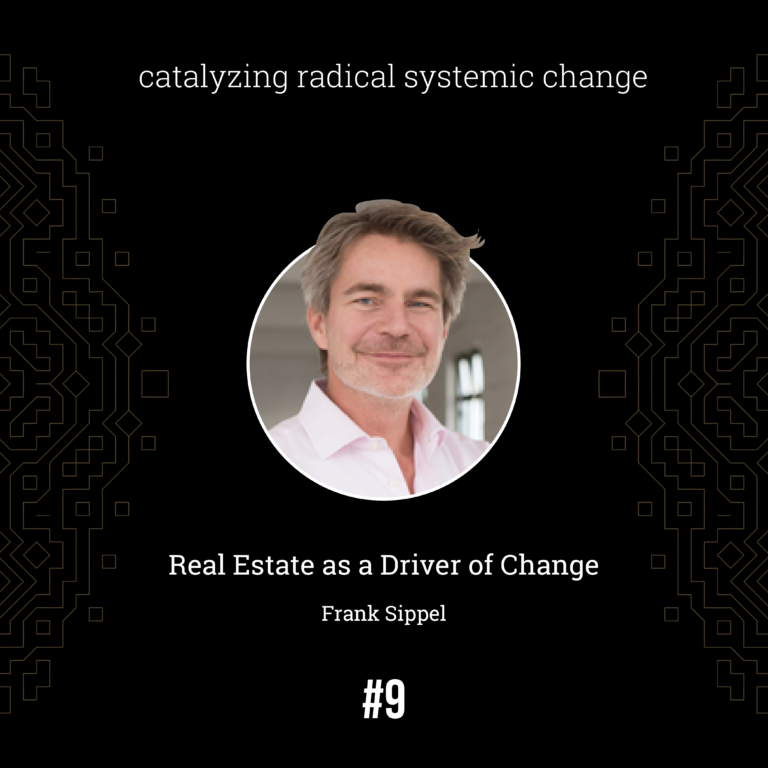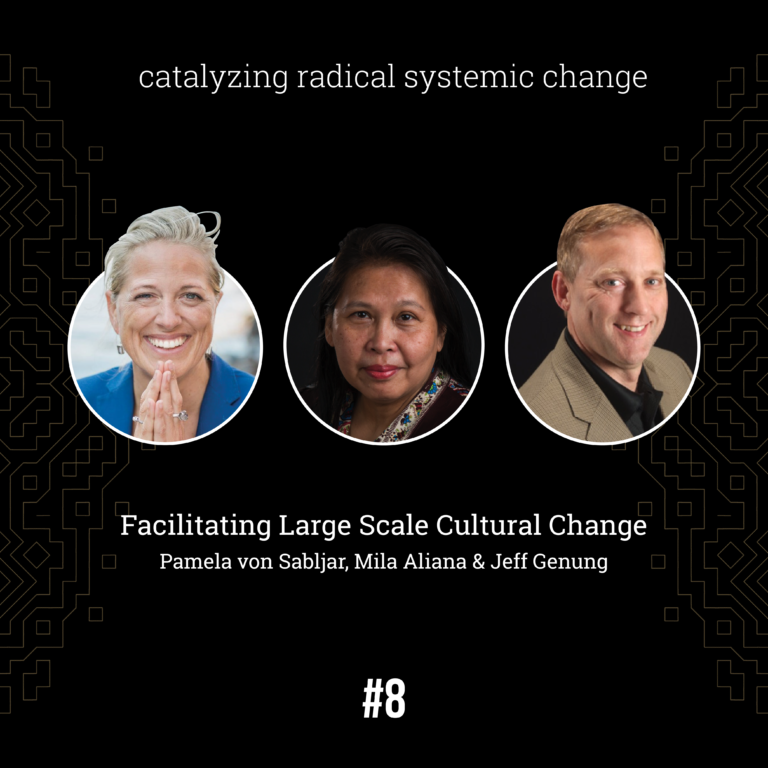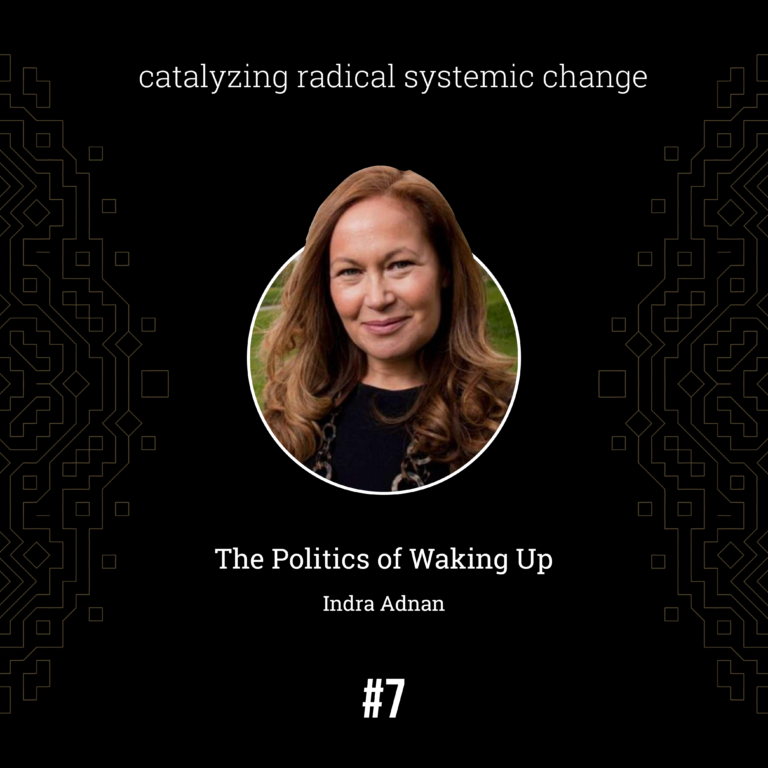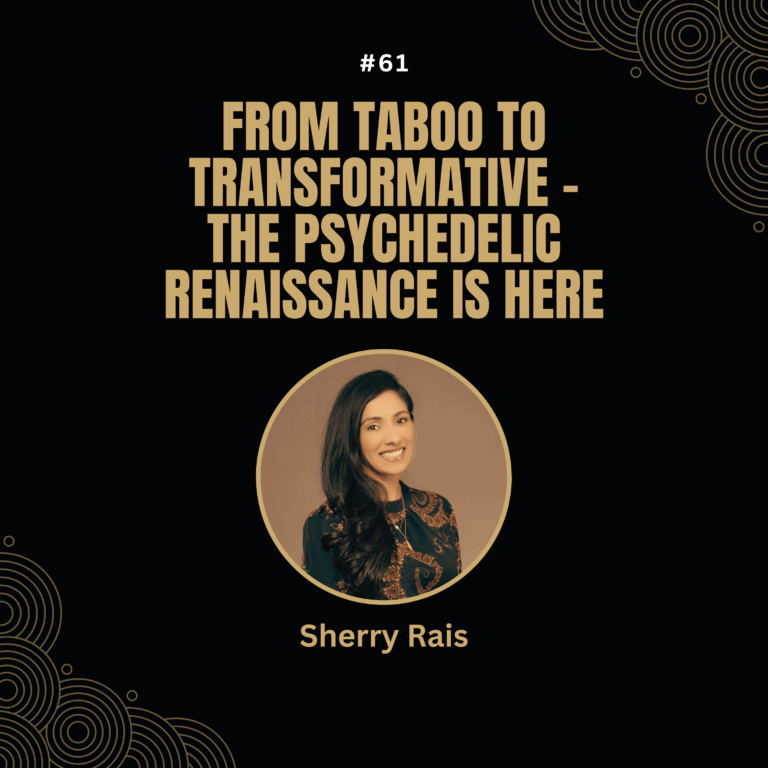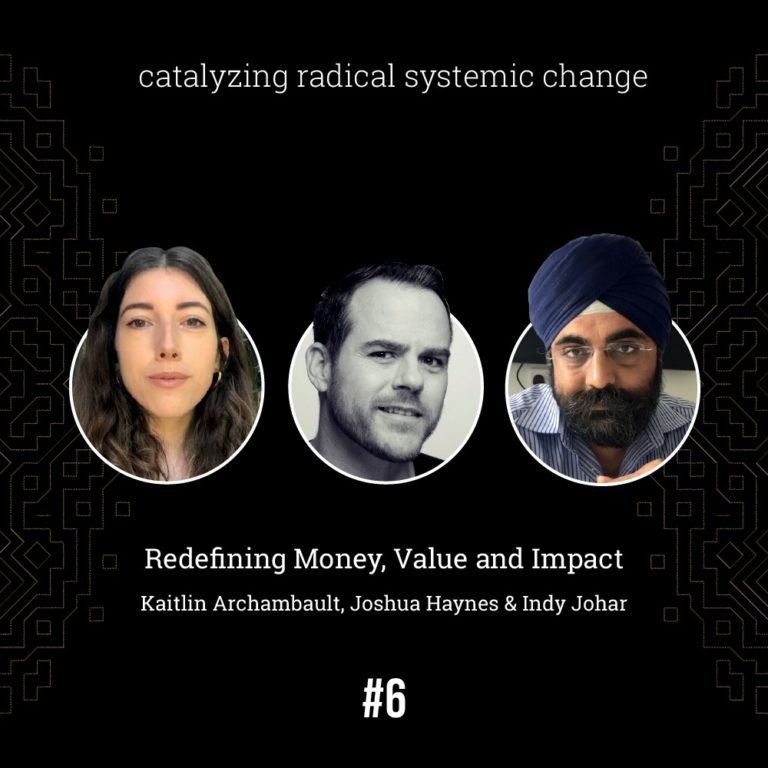Co-creation has been one of the most abused buzzwords in the last years, alongside maybe sustainability. So, why should cocreation as a cultural change technique be of such importance for the many challenges we face as humanity, from local communities, to city planning, to global governance issues?
It’s my pleasure today to share this virtual room together with Jascha Rohr, who works with participatory design and cocreative processes and formats for over 25 years, on a micro, meso and macro scale.
Like always, starting the podcast, and before we dive into the concepts, the scaffolding and architecture of the design of cocreation, I want to start with the human being.
- Jascha sketching his biography from the ecological question and exponential growth, permaculture and participatory design.
-
- Basics of cocreation: What exactly does the term “cocreation” mean and why did you decide to write a whole book about it?
- Areas of application: In what social and organizational contexts do you see the greatest potential for the principles of cocreation? Jascha shares two examples, one to inject cocreative DNA into a process design on the parliamentary level in Germany around nutrition and another one on a whole city level, in the city of Frankfurt/Main for innovation in the schooling sector.
- Discerning the basic ingredients: When we look at the models, concepts and methods such as the Cocreative Commune, Governance Design and the Field Process Model – they all have a radically nondual process orientation and the breakdown of mental silos (e.g. in between inner and outer work).
- Challenges: What obstacles and challenges often arise when people try to cocreate, and how can they be overcome? Experience is the only way to understanding, so we need opportunities to participate in good facilitated processes.
- What role does tech play in the area? I reckon through a full stack lens, there are many different layers and applications that are needed. So, what tech is available, and what tech solutions are lacking in the space to facilitate a cocreative process?
Instead of again putting nature, society and technology into mental and emotional silos, we explore the concept of “Gaia the Cyborg” from Donna Haraway.
- Future of cocreation: How do you see cocreative processes developing in the future? Are there any trends or developments that might become particularly relevant in the coming years?
The pivotal moment will be a shift from methods to processes, to attitude, to paradigm. - Practical Tips: For listeners who are excited about the concept of cocreation after this conversation: What first steps do you recommend they take to implement cocreative principles in their own work or communities?
It’s always the same principles: create a field of playfulness, potentiality, and agency, invite people to it, protect the qualities, otherwise let go and, above all and anything, trust the process.
Jascha Rohr
is philosopher, social entrepreneur, developer and facilitator of participatory and co-creative design processes. He works on new ways of collaboration that enable us to discover our collective potentials and develop solutions and ideas for acute social problems. My goal is to enable participation that can change the world we live in for the better.
He is also founder, benefactor and board member of the Cocreation Foundation. I see myself as a process artist and hands-on intellectual. Using models, concepts and methods such as the Cocreative Commune, Governance Design and the Field Process Model, I believe I can support new attitudes and ways of seeing and working towards a more vibrant, sustainable world.
He lives with his partner and wife Sonja Hörster, my son and a demented cat in an eco-settlement in the countryside near Oldenburg and in Berlin. Two co-daughters have already left home.
https://www.partizipativ-gestalten.de
https://cocreation-foundation.org/
https://www.murmann-verlag.de/products/jascha-rohr-die-grosse-kokreation (the book is only available in German but will be translated into English in 2024)




